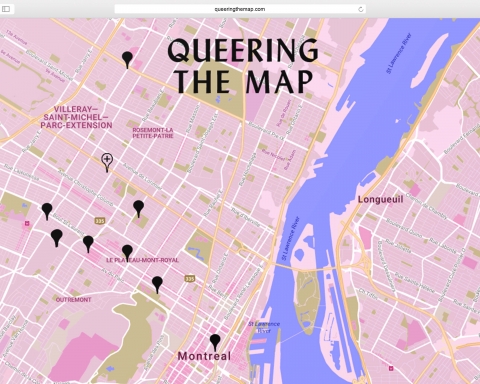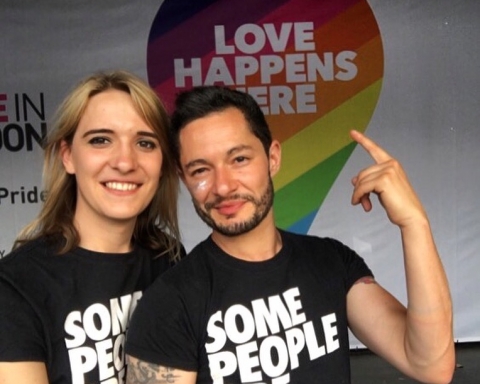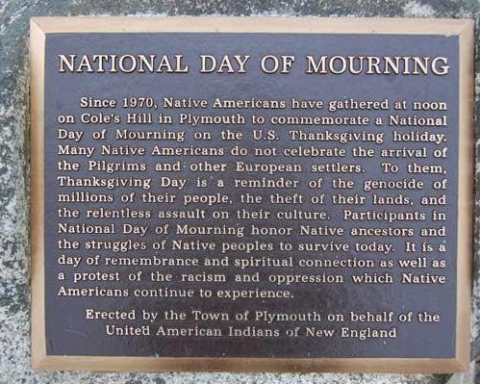Coming out of the closet is probably the biggest step in any LGBT individual’s life. For many, it is a freeing feeling that they have desired for a long time, and some may not believe they will ever get there. No matter what you decide to do, it is important to keep in mind that coming out is YOUR decision and nobody else’s. You need to do it at a time in your life and with people that make you comfortable. Do not ever feel pressured to come out if you feel you are not ready. For those of you considering coming out to friends, family, and other peers, there are a few things you should keep in mind.
First things first, you need to be able to understand yourself. Sexuality and gender identity are confusing, even to those that have been out for years or even decades. Never feel discouraged and it is ok to be unsure of your sexuality or gender identity. According to the Cass Theory (1979), there are six stages to identity acceptance.
- Stage 1 is identity confusion where you begin questioning.
- Stage 2 is identity comparison where you begin thinking of the possible social isolation and other issues that would come along with being LGBT.
- Stage 3 is identity tolerance where you do not quite accept it, but you are becoming more comfortable with the idea of being LGBT.
- Stage 4 is identity acceptance where you fully accept your LGBT identity.
- Stage 5 is identity pride where you begin to feel part of the LGBT community and begin to immerse yourself in the culture.
- Stage 6 is the final stage, identity synthesis, where you integrate your LGBT identity with your entire identity and who you are as a person.
For youth, there are several important things to remember when coming out to friends and family. First, and most importantly, have a backup plan for the worst case scenario. No one wants to face family rejection, but you should have somewhere to go just in case. Research local LGBT shelters and resources before coming out. When telling your friends and family, remember that not everyone will be immediately tolerant or accepting and that it may take time for them to come around. Give them information and resources to learn more about the LGBT culture. Be aware of the challenges that LGBT students face and speak to your guidance counselor or a trusted staff member prior to coming out to friends and classmates.
For adults and parents, coming out at a later age can be difficult. It may take you longer to come to terms with your LGBT identity and that is ok. Keep in mind the same considerations that are given for LGBT youth. Have a backup plan, resources, and information ready for those you come out to. When coming out to your children, have a plan of what you want to say. Remind them that being LGBT is not a choice and that there is nothing “wrong” that they did to cause you to be the way you are. If coming out to a spouse, give them the same reminder. Never let friends or family “blame themselves” for the situation. Always keep on the bright side.
Sources:
Psychology Today
Chicago Tribune









